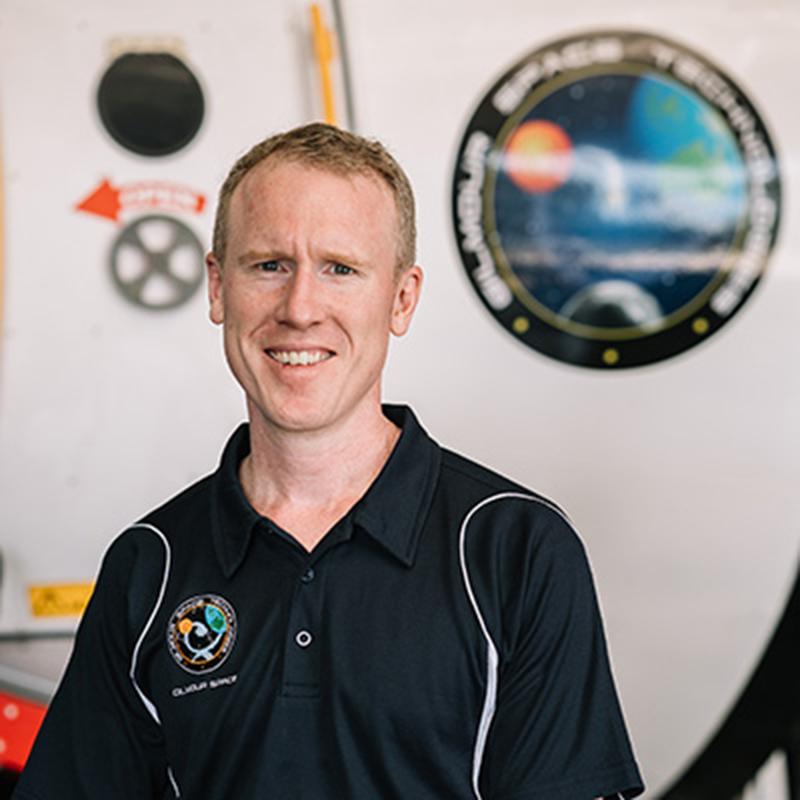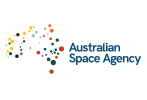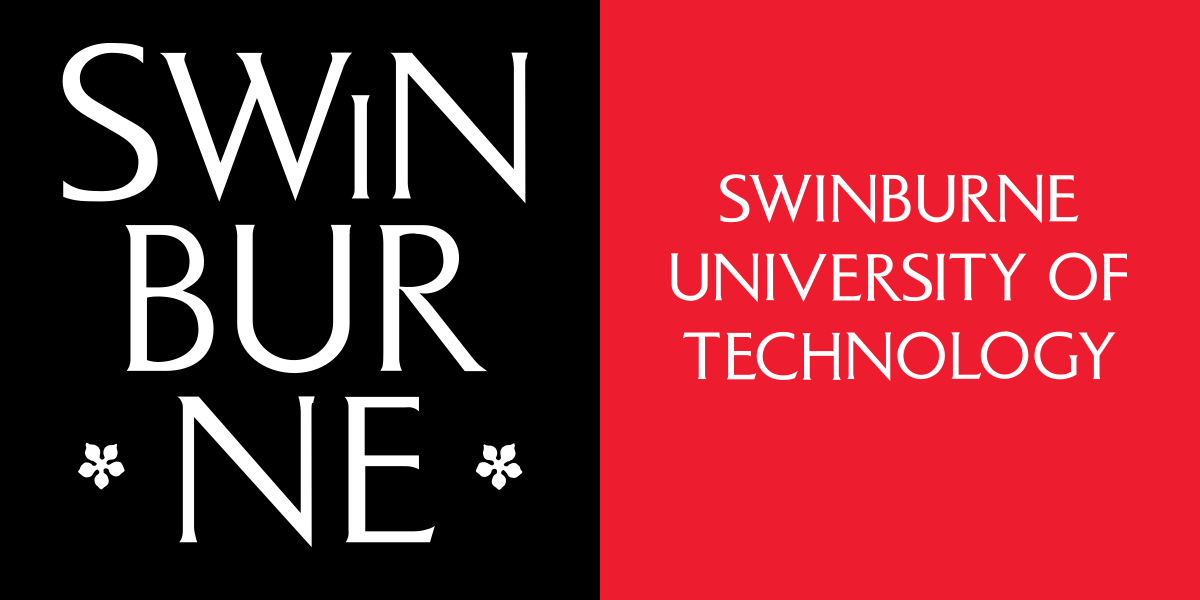Australia’s space sector is taking off. Turnover reached A$4.5billion in 2021. With our geographical advantages, deep capabilities in emerging technologies and entrepreneurial spirit, Australia is well-placed to capitalise on the growing global opportunity.
Thinking about entering the Australian market?
- Investors typically establish a new company, register as a foreign company or acquire an existing company. Assess your options with our Investor Guide.
- Austrade is Australia’s national investment promotion agency. We attract and facilitate game-changing foreign direct investment into Australia. Our team of business and investment specialists can connect investors to early-stage opportunities in Australia and provide direct and tailored professional assistance. Find out how we can help.
Are you looking to invest in Australia’s space sector? We offer:
- world-leading technical and research expertise. Australia punches above its weight in technology-related fields and has a strong and growing research base in space-related R&D.
- close connections with other important space nations, backed by robust treaties and agreements. Our established relationships with all major space agencies provide access to data, programs and the global supply chain.
- a track record of successful international collaboration that includes earth observation, space object tracking and communication.
- a unique view into the galaxy. Clear skies, low noise and low light interference means easy observation of satellites, space debris and space weather, and suitable locations for ground stations and calibration and validation sites.
- advantageous geography. Our proximity to the equator offers lift advantage to geosynchronous orbits and our southern latitudes offer access to sun synchronous orbits. Combined with our low population density, this makes Australia a versatile location for launch services.
- a highly secure operating environment that ensures data security and operational integrity.
Around A$3 billion investment into Australia’s space sector 2018-2023
Source: Australian Space Agency 2023 analysis using BLADE
618 organisations participated in the Australian space sector in the 2021 financial year
Source: Australian Space Agency 2023 analysis using BLADE
Creating a galaxy of opportunities
Australia boasts a well-established operating environment and strong collaborations with international space partners.
The Australian Space Agency is the Australian Government’s body dedicated to developing and coordinating our commercial space industry and facilitating international engagement.
We have established arrangements with key global space agencies, such as the European Space Agency, JAXA, and NASA. It enables a smooth exchange of technology and intelligence, enhancing cooperation and innovation in the space sector. For example, in June 2022 NASA successfully launched a rocket from the Northern Territory – NASA’s first rocket launch from a commercial spaceport outside the United States.
It’s backed by various treaties and agreements such as the UK-Australia Space Bridge, the Technology Safeguards Agreement (TSA) – an in-principle agreement between Australia and the US on sharing sensitive space technology – AUKUS and the QUAD.
Ready for launch – and navigation, observation, robotics and…
Through the Advancing Space: Australian Civil Space Strategy, we’re growing a globally recognised sector that exports to international markets and supports national and international space missions. There are seven priority areas in which Australia has an identified competitive advantage. Ten-year roadmaps for each are being progressively developed with industry, government and researchers:
- Access to space
- Earth observation from space
- Communications technologies and service
- Robotics and automation on Earth and in space
- Position, navigation and timing
- Space situational awareness and debris monitoring
- Leapfrog R&D
Australia has committed approximately A$360 million to grow Australia’s space infrastructure since 2020 (Source: Australian Government space grants finder, accessed July 2023), including support for manufacturing and testing satellites.
Australia’s Defence Space Strategy sets the trajectory for Defence space efforts to 2040. It's supported by the Australia Defence Force Structure Plan 2020, which outlines a A$7-10 billion commitment to space over the next decade. This will fund a variety of capacity-building programs in critical areas of capability including space services and space control.
There is approximately A$8 billion in satellite programs currently planned by Australia. These include:
- A$4 billion for the Australian Defence Satellite Communication System Program (Joint Program 9102) - the largest space program in Australia in either the civil or defence realms.
- A$2 billion for a dedicated constellation to deliver ISR services to the Australia Defence Forces.
Video: Australia’s space industry
Find out more about why Australia is a key player in the global space economy.
Fast facts
- The Australian space industry has a A$2 billion pipeline of planned capital investments, including A$775 million private or foreign investment (Source: Accenture 2021, project pipeline for FY2018-2019 to FY2027-2028).
- Australia’s space sector employed 16,900 people (FTEs) in 2021, up 11 per cent from 2017 (Source: Australian Space Agency 2023 analysis using BLADE).
- 30,000 people could be working in the Australian space sector by 2030 (Source: Australian Space Agency 2019).
- The number Australian space companies grew by an average of 5.7% per year over the two years to 2019 (Source: Australian Space Agency 2021).
- Australia’s space sector saw A$4.5billion turnover in 2021 (Source: Australian Space Agency analysis using BLADE).
- The Earth Observation sector directly contributed around A$2.5 billion to the wider Australian economy in 2020 (Australian Space Agency. State of Space Report 2021).
- Australia’s satellite communications market is worth A$1.6 billion a year (Source: Australian Space Agency. Communications Technologies and Services Roadmap 2020).
- Australia covers a sixth of the Earth’s rotation. It makes Australia ideal for all manner of astronomy activities, tracking orbiting objects, and downlinking with satellite platforms.
Video: Professor Junichiro Kawaguchi – Space explorer
Australia is a magnet for global space talent. Check out our LEGO animated video featuring Professor Kawaguchi from the Australian National University and his successful world-first mission to touchdown the spacecraft Hayabusa.
Incentives, grants and support
- The Australian Space Agency provides grants to help Australian businesses and research organisations become involved with international space agencies or established programs.
- The Australian Government’s Defence Innovation Hub is pursuing capabilities in space through significant programs in earth observation, space domain awareness and space services, creating opportunities for industry collaborators.
- The Australian Government is providing A$150 million over 5 years (2021-2026) for the Moon to Mars (M2M) initiative. It is an investment in Australian businesses and researchers to join NASA’s plan to return to the Moon, and then go on to Mars.
- The space industry is in scope to access financing through the forthcoming A$15 billion National Reconstruction Fund (NRF), which will drive investments into priority areas of the Australian economy including critical technologies.
- The A$392.4 million Industry Growth Program is for small and medium enterprises (SMEs) and startups looking to develop business within the space defence sector.
- Space businesses that seek to address research gaps and develop technologies may be eligible for the Research and Development Tax Incentive (R&DTI), to support business research and development.
- The Australian Tax Office’s New Investment Engagement Service gives tailored guidance on tax issues to businesses planning significant new investments in Australia.
- Space business looking to establish infrastructure projects in northern Australia may be eligible for Northern Australia Infrastructure Facility (NAIF) financing, to drive public benefit in this region.
Join our thriving ecosystem
Space-related R&D is a key strength for Australia. If you’re looking to collaborate with world-class experts, either as an established enterprise or a start-up you’ll find ready partners in Australia’s supportive space innovation ecosystem.
- The Australian Space Agency is Australia’s lead civil space organisation. It is guided by the 2019 Civil Space Strategy, which sets out a goal to open doors for innovators and grow a connected, respected, and globally competitive space industry in Australia.
- In 2019 there were over 30 research organisations providing services in the Australian space sector, in particular in the enabling value chain segment. (Source: IBISWorld 2020)
- The SmartSat CRC is a consortium of universities and other research organisations, partnered with industry, that has been funded by the Australian Government to develop know-how and technologies such as intelligent satellite systems and Earth observation. The goal of the research is to develop intellectual property and a specialist industry expertise to build new businesses, create export economic value and generate new high-tech jobs.
- The Defence Space Command is an Australian Defence Force integrated tri-service established to ensure Australian civil and military access to space, integrated across government, and international partners and industry. It can advise on space policy and guide scientific and technological space priorities.
- The Australian Space Data Analysis Facility (ASDAF) was established to enhance Australian SMEs’ and researchers’ ability to use space data, particularly earth observation data. It offers knowledge transfer and collaboration between SMEs and researchers through its events, seminars, and workshops.
- Australia has invested in developing its capabilities both tracking and growing mission control centres. This includes the establishment of Fugro’s Space Automation, Artificial Intelligence and Robotics Control Complex (SpAARC) in Western Australia.
- The Australian National University has established the National Space Qualification Network, which offers end-to-end payload testing services to Australian manufacturers. The Australian Space Manufacturing Network (ASMN) has awarded A$52 million to a consortium led by Gilmour Space Technologies to create a manufacturing and test hub and facility to produce launch vehicles and satellites.
- The Australian Space Manufacturing Network is also supporting the Bowen Orbital Spaceport in North Queensland, preparing its launch pad to fire rockets into orbit.
- The University of Southern Queensland is leading ‘Innovative Launch, Automation, Novel Materials, Communications, and Hypersonics’ Hub (iLAuNCH Hub) commercialisation and manufacturing in Australia’s burgeoning space industry.
- The Australian Centre for Astrobiology is a research organisation examining research into the possibility of life on Mars and other planets. It’s one of only two centres outside the USA that are Associate Members of the NASA Astrobiology Institute.
- Australia’s national science agency, CSIRO, welcomes business and research partnerships in space. You can propose a new project or get involved in one of its many existing programs.
Case studies
- Software for a prototype AI space crew
- New system to manage space traffic
- The next generation compression spacesuits
- Virtual reality underwater training simulations
- Gilmour Space Technologies – leading the new space race
- Agile space tech leader pioneers fast-track method to search for critical minerals





